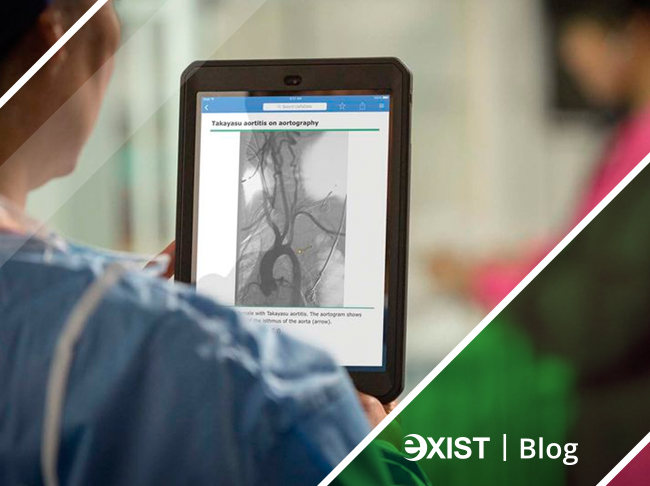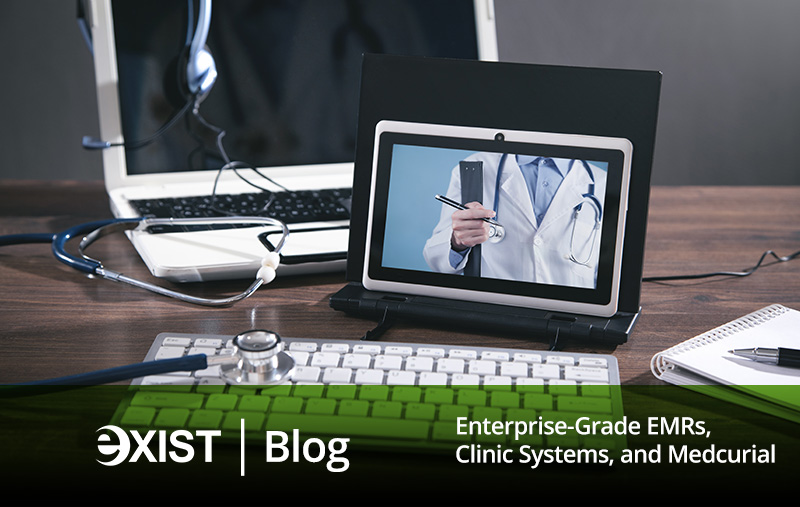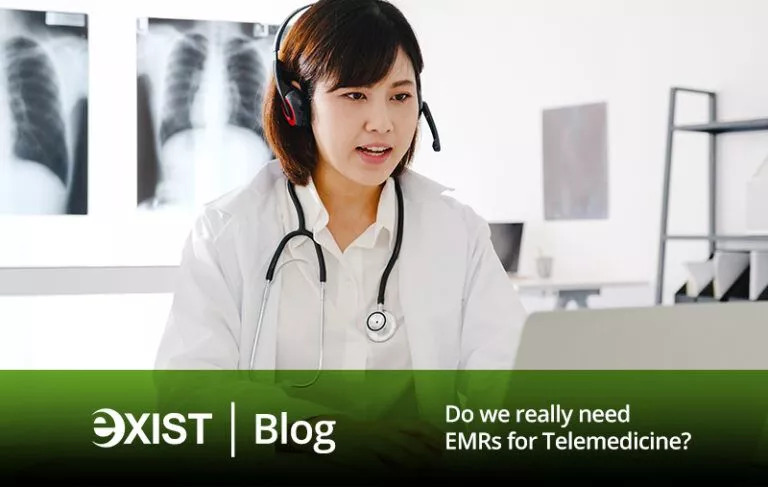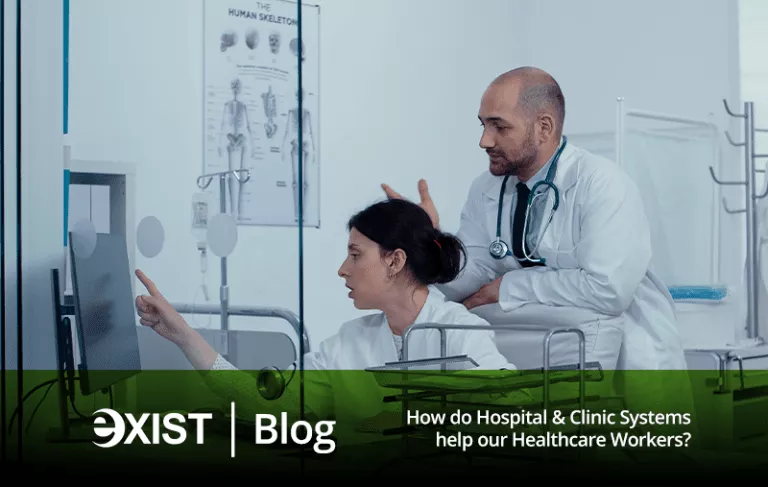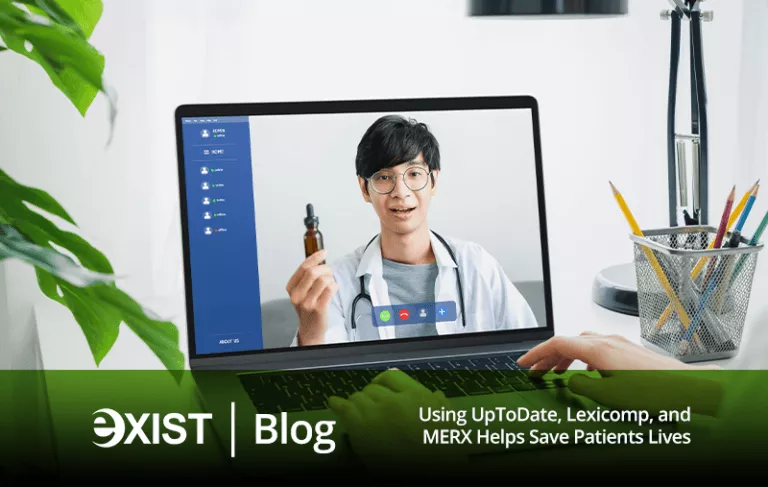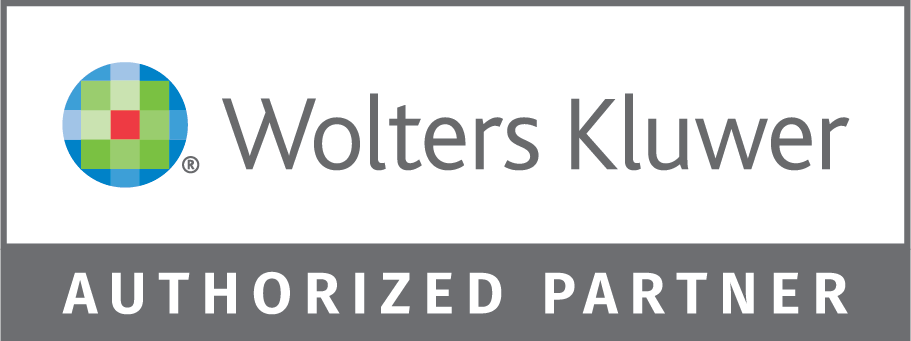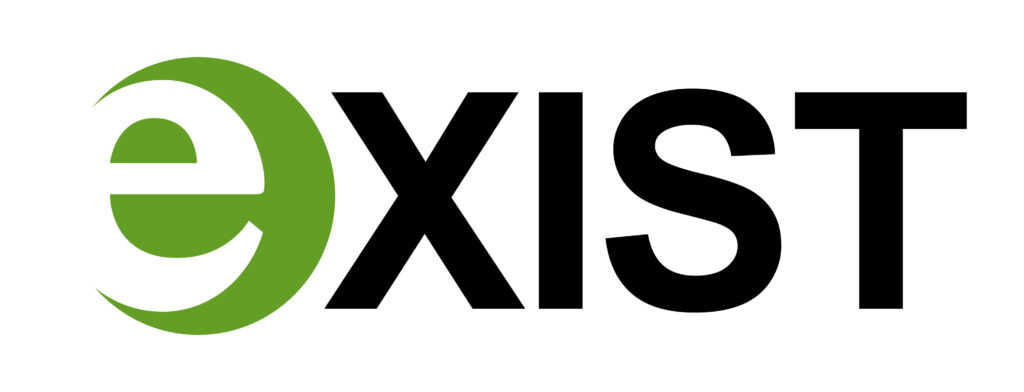The ongoing progress of technology will undoubtedly influence the trajectory of healthcare, underscoring the necessity for continuous adaptation and innovation within the field.
Last April 18, 2024, I had the opportunity to join the Future Healthcare Phil Summit 2024 held at the Edsa Shangri-La Hotel, Manila. The event was an immersive experience with multiple enlightening presentations and panel discussions by eminent speakers – all experts in their respective fields in health, technology, or both. Representatives of major institutions and decision makers who attended were also able to enjoy informative discussions and visit booths to learn more about current innovations in health tech.

As a medical professional working in the tech sector, here are a few insights I have gleaned from the event:
1.There is no end to innovation – health technology exists to make work easier for humankind.
To bridge the logistics gap, tech innovations have allowed medical professionals to store information in means convenient to them. Clinic and hospital managers have the option to store information in a cloud instead of having to track and keep patient information in a physical medical records section or a server room. Processes are streamlined to allow for easier correspondence between medical professionals and also between patients and their healthcare provider/s, such as through the means of telemedicine. Health tech provides solutions to issues regarding accessibility and lightens the workload for medical staff. Additionally, records and reports can easily be reviewed and analyzed to give insights on how to further improve operations.
2. Healthcare is constantly evolving; hence, health technology also has to responsively evolve.
Companies can provide solutions to the needs of the growing health industry. Tech solutions like the use of AI in medical data analytics, hospital and clinic management systems that go beyond what is basic and could integrate other necessary services could potentially be the standard across the whole country, as they could address a myriad of needs coming from the healthcare sector. The nation’s health sector would, in turn, do well to keep up with the development of the tech industry in order to predict possible potentials for growth and improvement.
Schedule a meeting with us to delve deeper into your requirements and provide tailored solutions that align with your business objectives.
3. Medical professionals and key decision makers will benefit from improving their tech-related knowledge.
This allows them to understand developments from the field that are applicable to their needs. Knowing how things work would make them more proficient in using any system that is made for the medical industry, which would in turn ease the burdens during collaborative efforts. Proper use of tech solutions in healthcare would also ensure that lesser gaps would exist in patient care and healthcare delivery.
4. Find the best solution and not just any solution.
Many companies could present features and give a rough idea of what they can deliver, but decisions need to be made based on more tangible concepts. A well-vouched provider that can ensure long-term support and can address queries with responses specific to the issue could reassure clients that their concerns will have concrete solutions. This is something that Exist Software Labs Inc., in partnership with Tableau, can deliver. From the comprehensive clinical management system and combination hospital information and clinical system, to the integrated AI-powered data analytics module, to other customized IT solutions, Exist Labs can find the solution for you.


